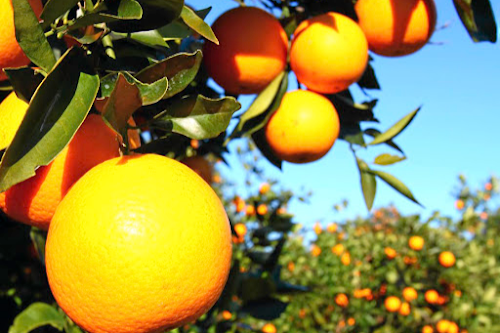Botswana and South Africa: Overcoming Trade Tensions for Mutual Growth. Botswana and South Africa share a long-standing economic partnership, deeply rooted in history and mutual interests. However, recent developments have tested this relationship, particularly concerning trade in agricultural products. Understanding these dynamics is crucial for stakeholders on both sides of the border.
Botswana’s Import Restrictions
In June 2024, Botswana imposed a ban on the importation of South African citrus products, aiming to bolster its domestic agricultural sector. This move was part of a broader strategy to reduce dependency on foreign produce and encourage local farming initiatives.
South Africa’s Response
The restrictions led to concerns among South African exporters, especially given that Botswana accounted for approximately 15% of South Africa’s vegetable exports as of 2021. The potential economic impact prompted discussions at various diplomatic levels to address the situation.
Diplomatic Engagements and Resolutions
Recognizing the importance of their bilateral trade, officials from both nations engaged in talks to resolve the impasse. In a meeting held in Pretoria, South Africa’s Deputy Minister of Trade, Industry and Competition, Mr. Zuko Godlimpi, and Botswana’s Minister of Trade and Industry, Mr. Mmusi Kgafela, committed to strengthening economic ties and reducing trade barriers. They emphasized the need for cooperation in sectors such as manufacturing, agriculture, and transport.
Lessons for the Future
The recent trade tensions underscore the importance of continuous dialogue and adaptability in international trade relations. Both nations have expressed a commitment to fostering closer ties and facilitating trade, recognizing that collaboration is key to mutual economic prosperity
While challenges have arisen, the enduring relationship between Botswana and South Africa demonstrates resilience and a shared vision for economic growth. By addressing disputes through diplomatic channels and seeking collaborative solutions, both countries can continue to benefit from their strong trade partnership.












